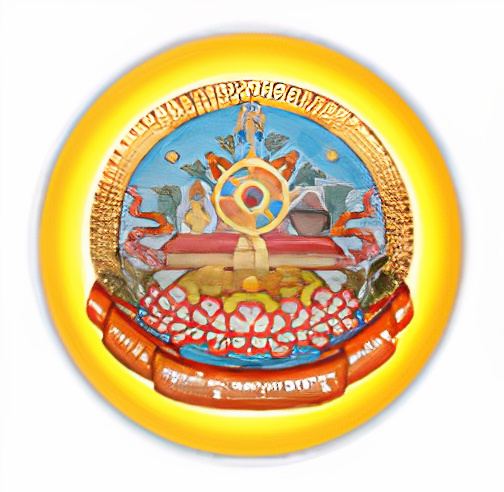Introduction
Buddhism is a profound spiritual tradition that offers a wide array of practices aimed at cultivating wisdom, compassion, and inner peace. Among these practices, Sojong and Gyuetsung stand out as essential rituals that play a pivotal role in the lives of Buddhist practitioners. Rooted in the principles of mindfulness, discipline, and self-awareness, Sojong and Gyuetsung offer practitioners the opportunity to cleanse their minds and hearts, foster ethical conduct, and deepen their connection to the path of enlightenment.
Understanding Sojong: The Ritual of Purification
1. The Essence of Sojong
Sojong, also known as Uposatha or Observance Day, is a periodic Buddhist practice observed on the new moon, full moon, and quarter moon days of each lunar month. This ritual holds great significance as it provides a platform for practitioners to purify their minds and renew their commitment to the ethical precepts (sila). By observing Sojong, Buddhists aim to cleanse themselves of negative actions, thoughts, and emotions, and thus foster a stronger foundation for spiritual growth.
2. The Ritual Process
The Sojong ritual involves a formal recitation of the monastic rules and precepts, as well as an opportunity for practitioners to confess their transgressions. During this process, practitioners reflect on their actions, acknowledge their mistakes, and resolve to refrain from repeating them. The act of confession is not one of shame but rather a practice of self-awareness, humility, and the willingness to grow.
3. The Significance
Sojong holds several significant benefits for practitioners. It instills a sense of accountability for one's actions, encourages ethical conduct, and promotes a heightened awareness of one's behavior and intentions. Additionally, the practice of confessing and purifying negative actions helps to ease feelings of guilt and remorse, allowing individuals to move forward with a clearer and lighter heart.
Understanding Gyuetsung: The Practice of Restraint
1. The Essence of Gyuetsung
Gyuetsung, commonly known as Eight-Precepts Retreat, is a practice where lay Buddhists voluntarily take on additional ethical precepts for a designated period, often during the observance days or on special occasions. These additional precepts go beyond the basic five precepts (abstaining from killing, stealing, sexual misconduct, false speech, and intoxication) and are designed to cultivate heightened mindfulness, restraint, and simplicity in daily life.
2. The Eight Precepts
The Eight Precepts observed during Gyuetsung include abstaining from:
Taking life (refraining from killing any living beings).
Stealing (refraining from taking what is not given).
Sexual activity (refraining from any sexual conduct).
False speech (refraining from lying or harsh speech).
Intoxicants (refraining from consuming intoxicating substances).
Eating after noon (limiting eating to before noon).
Entertainment, adornment, and decoration (refraining from luxurious or distracting activities).
High and comfortable beds (using simple and modest sleeping arrangements).
3. The Benefits
Gyuetsung challenges practitioners to break away from their comfort zones and habitual behaviors, encouraging them to cultivate mindfulness, self-discipline, and restraint. By temporarily adopting these additional precepts, individuals gain insight into the attachments and cravings that often drive their actions. This heightened awareness provides a unique opportunity for personal transformation and growth.
Conclusion
Sojong and Gyuetsung, though distinct in their practices, share a common thread of mindfulness, ethical conduct, and self-awareness. Both rituals offer practitioners the chance to cleanse their minds of negative influences, reaffirm their commitment to the path of enlightenment, and foster a deeper connection to the principles of Buddhism. By engaging in these practices, individuals not only purify their actions and intentions but also nurture the growth of wisdom, compassion, and inner peace on their journey towards spiritual awakening.

